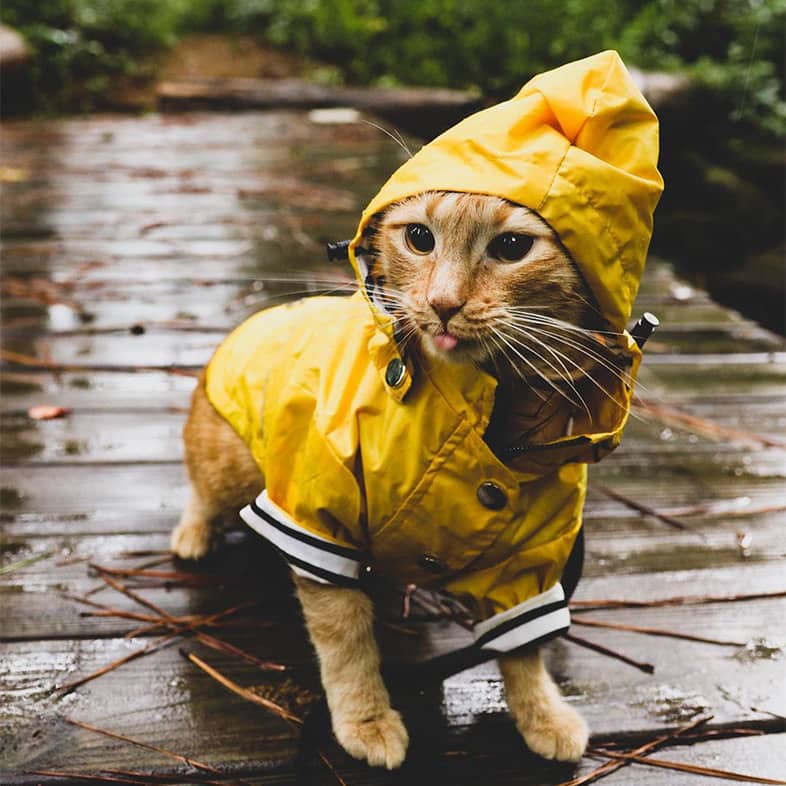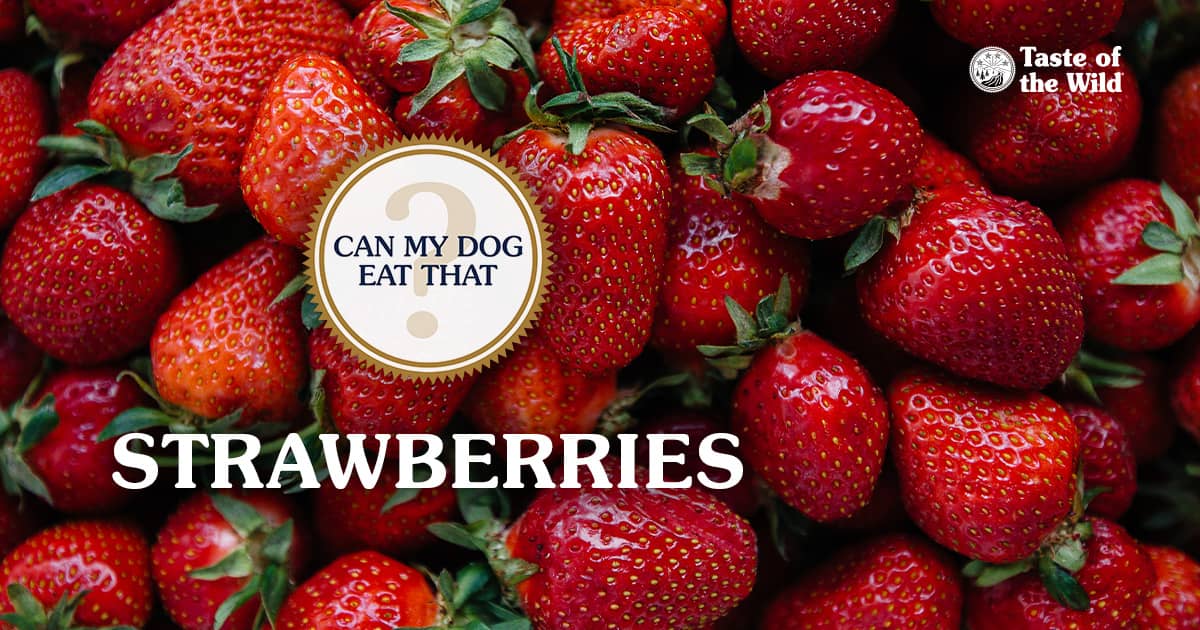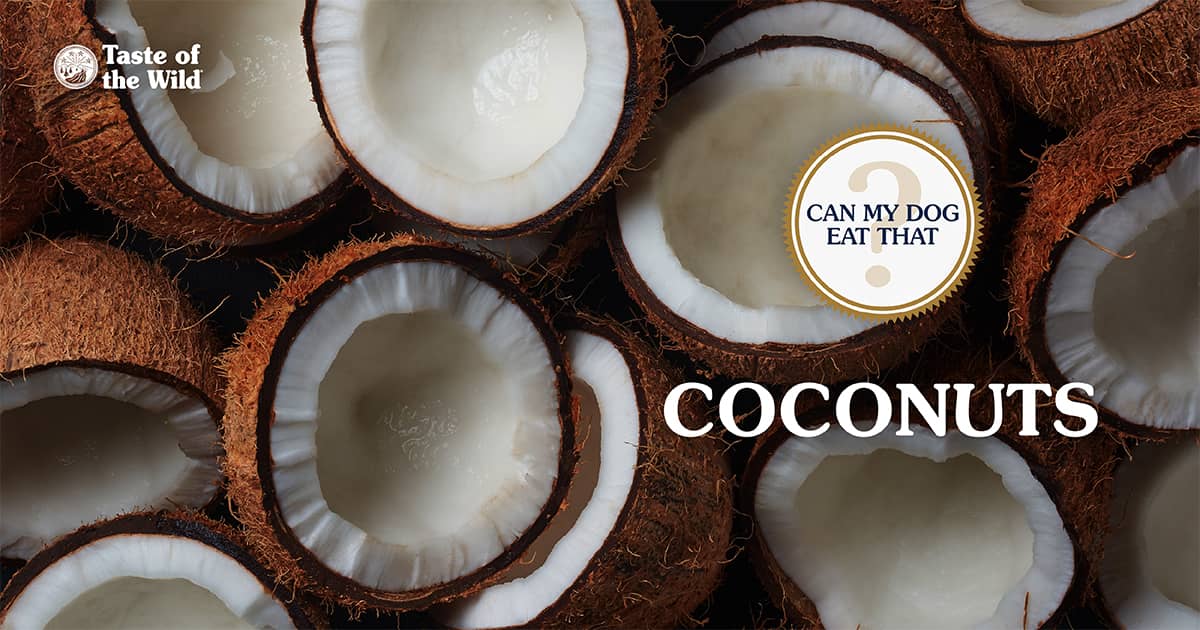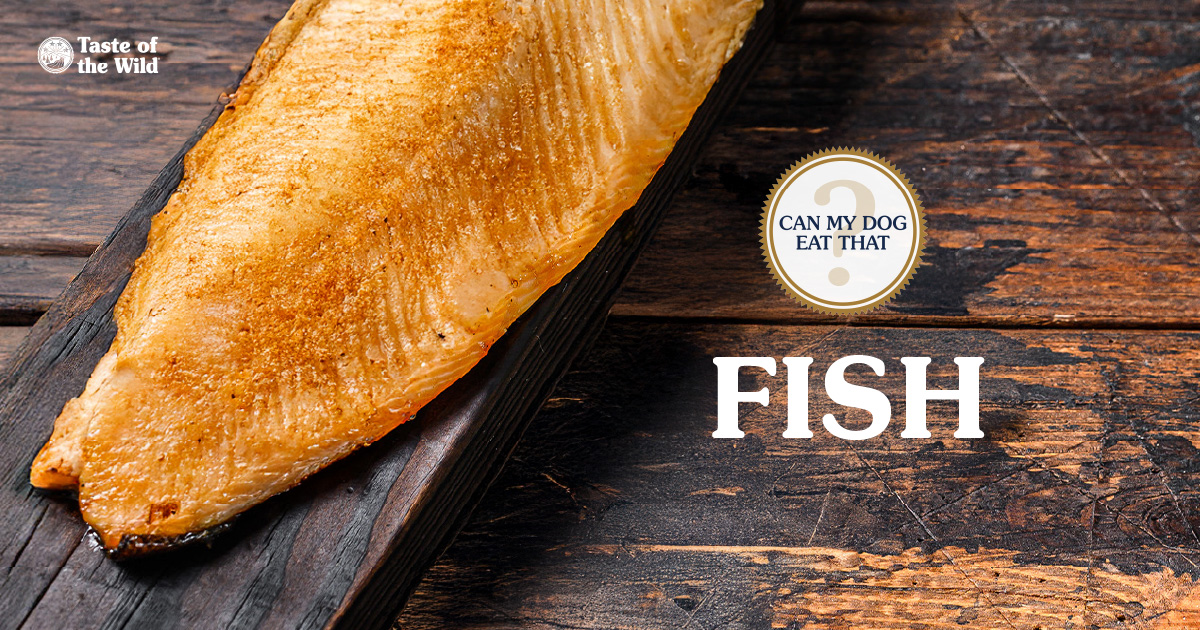Can My Dog Eat That? Cranberries
Thursday, November 2, 2023 | Can My Dog Eat That
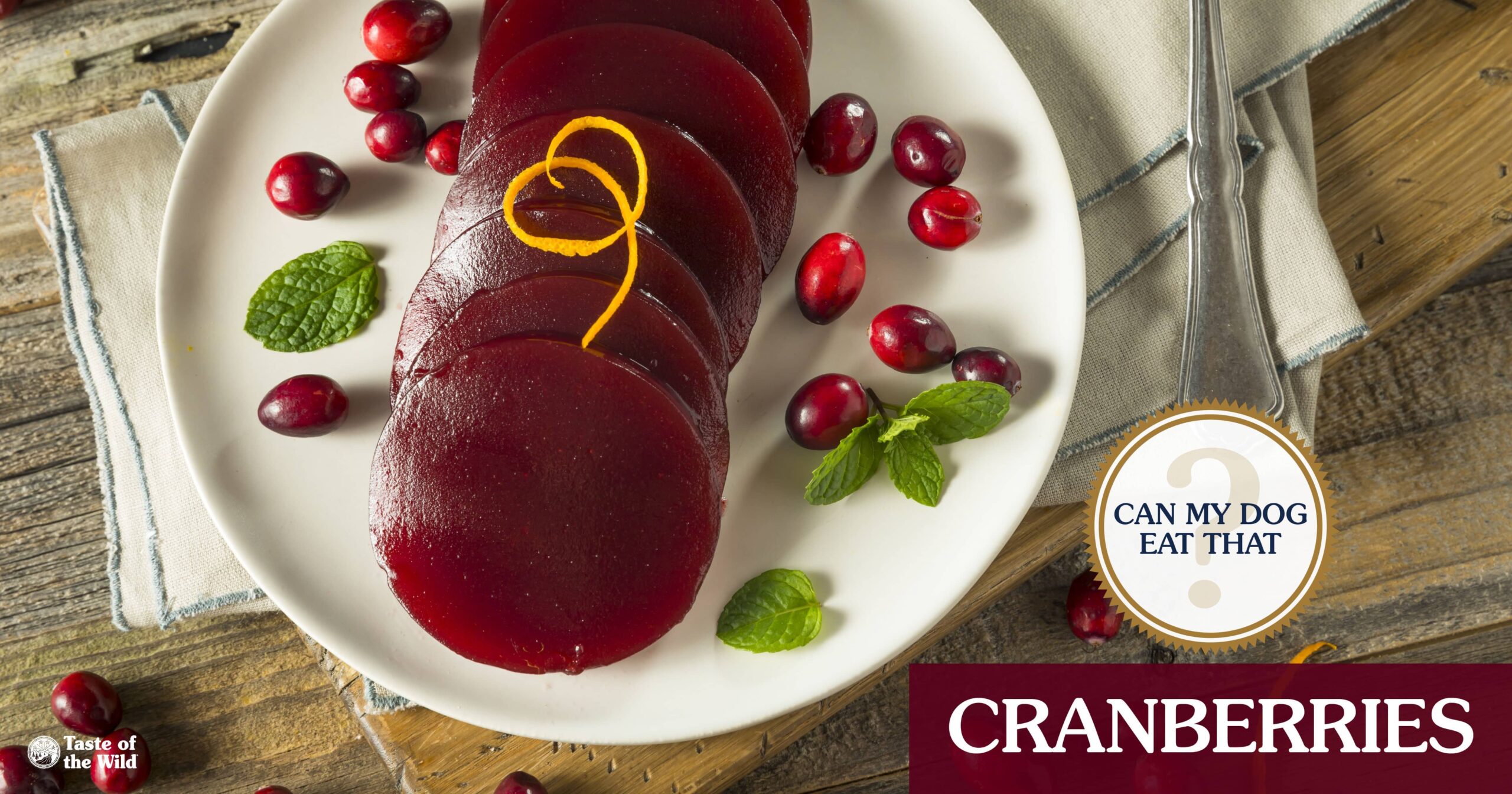
Welcome to “Can My Dog Eat That?,” our series that answers some obvious (and not-so-obvious) questions about what your dog can and can’t safely eat. Today we answer the question “Can dogs eat cranberries?” Read on!
We’re just a few short weeks from cranberry season! And by “cranberry season,” we mean “the holidays” because that’s when cranberries suddenly appear everywhere, from on the dinner table next to the turkey to the holiday decorations. So it’s the perfect time to examine whether you can share that can-shaped, sliceable purple goop (and all the other tasty cranberry concoctions, too) with your favorite begging buddy.
In short, unlike grapes, cranberries alone are not toxic to dogs. But as with nearly every other fruit or vegetable, there are preparation methods and other circumstances that make a simple “yea or nay,” not so simple. When fed properly, they’re a tasty, nutritious snack.
Cranberries Are a Superfood
First off, let’s look at any nutritional benefits of the tart red fruit that might benefit your dog. Cranberries are considered a “superfood.” For the uninitiated, a superfood is a food that has particularly high nutritional value. These nutrient-packed foods are key sources of antioxidants, omega fatty acids, fiber, vitamins, minerals and protein. Cranberries are no exception, as they offer high levels of vitamins C, K, E and B, not to mention manganese and copper.
In pet food, superfoods are considered “functional” ingredients. Functional ingredients provide bonus benefits beyond basic nutrition when they are part of a complete and balanced diet. Antioxidants, omega fatty acids and fiber provide some of these bonus benefits.
But Are Cranberries Super Good for Dogs?
You can feed your dog both fresh and dried cranberries without worry, if you do so in moderation. But preparation matters. They have to be plain, with the stems removed, and absolutely NOT from any kind of fruit mix. You see, dried cranberries are often mistaken for raisins, which are extremely toxic to dogs. No trail mix for Rufus!
Check the sugar levels of your cranberry offerings. Many dried cranberries have added sugar to take the edge off the tart flavor, and that sugar adds up quickly in such a little berry. Sugar or not, you should feed a medium or large dog only a small handful at most, and small dogs should only receive two or three in one sitting.
And while cranberry juice is known for helping humans get over urinary tract infections, it won’t help your dog. While a small amount of the tasty beverage won’t hurt your dog, they shouldn’t drink anywhere close to enough to help flush their urinary tract. Most cranberry juices are loaded with sugar so should just be avoided in general.
But Can My Dog Eat Cranberry Sauce?
This is why you’re reading this blog, isn’t it? Everyone at the table, your dog included, is eyeballing that jellied cylinder of cranberry sauce with either delight or disgust. If your dog is one of the delighted ones, should they partake? Just a slice?
Once again, a little bit of festive jellied cran won’t hurt your dog, but it’s probably best avoided since most recipes (canned and the more visually palatable homemade) are loaded with sugar. Too much sugar can cause vomiting or diarrhea in dogs, which is not something you want to deal with under the Thanksgiving Day table. For dogs with diabetes or other sugar-related health issues, it’s a much more serious issue.
Dogs and cranberries mix cautiously. If you absolutely must include your dog in the holiday spread, it’s best to offer up just a few plain cranberries. Fresh is best, and dried is OK if you’re absolutely sure they haven’t been mixed with dastardly raisins. It’s not the most festive answer, but neither is getting out the carpet cleaner at the holiday gathering!

RELATED POST: Can My Dog Eat That? Beverages!
The information in this blog has been developed with our veterinarian and is designed to help educate pet parents. If you have questions or concerns about your pet’s health or nutrition, please talk with your veterinarian.

